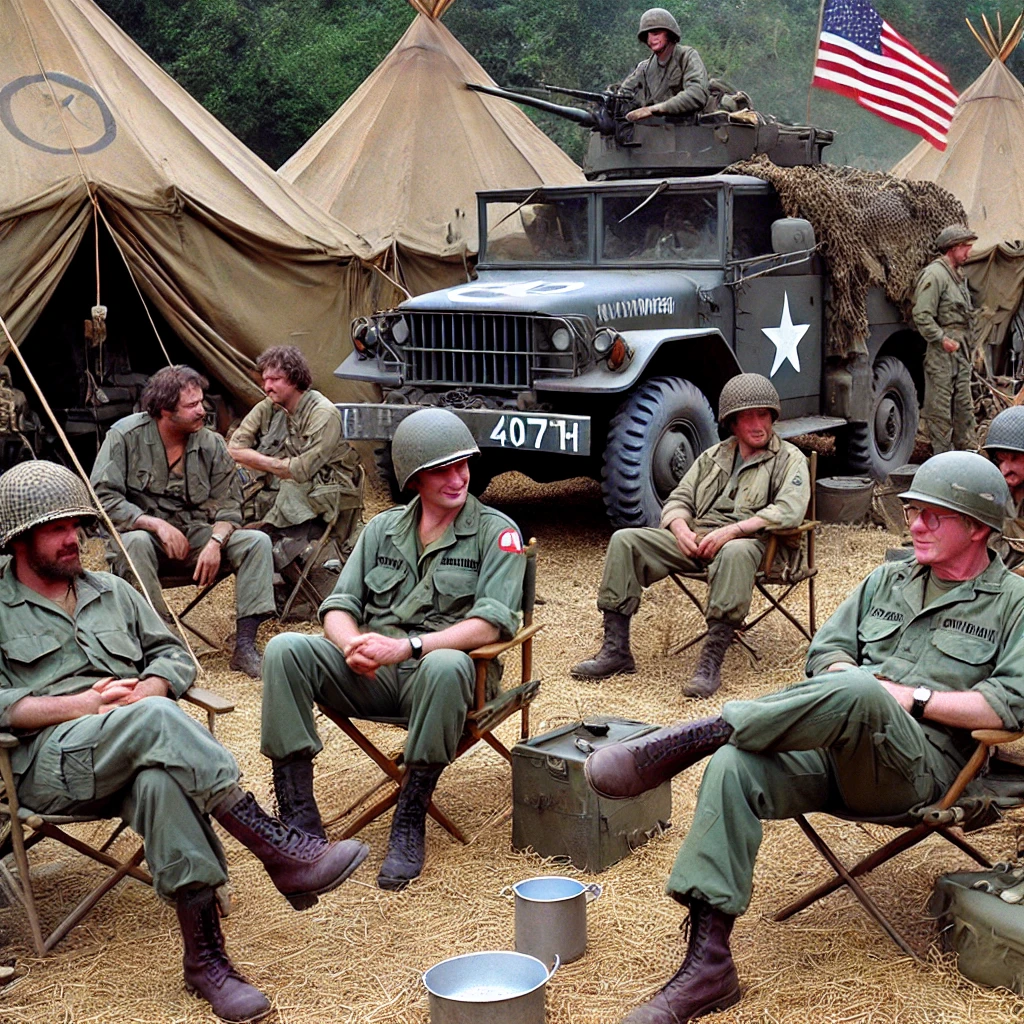Volkswagen Beetle Surpasses Ford Model T: A Milestone in Automotive History

An automotive milestone was reached on February 17th, 1972, as the Volkswagen Beetle surpassed the Ford Model T to become the most-produced car in history. This achievement marked a significant moment in the evolution of the automobile industry, highlighting the Beetle’s enduring popularity across multiple generations and continents. Originally designed in the 1930s by Ferdinand […]
Legendary Ziggy Stardust Debuts: The Birth of a Cultural Icon

On February 10, 1972, the iconic persona Ziggy Stardust, created by David Bowie, made its debut at the Toby Jug Pub in Tolworth, England, marking a pivotal moment in music history. Bowie’s electrifying performance as Ziggy captivated audiences and laid the groundwork for a cultural phenomenon that continues to inspire generations. With Ziggy Stardust, Bowie […]
Apollo 17 Returns to Earth: The End of an Era in Space Exploration
The final mission of NASA’s Apollo program, Apollo 17, returned to Earth on December 19th, 1972. This marked the end of a remarkable era in space exploration and the last time humans walked on the lunar surface. As the capsule splashed down safely in the Pacific Ocean, it symbolized both the culmination of immense scientific […]
Apollo 17 Launches: The Final Apollo Moon Mission

On December 7, 1972, the Apollo 17 mission lifted off from NASA’s Kennedy Space Center in Florida, marking the final crewed mission to the Moon. This monumental event brought the curtain down on the Apollo program, a series of missions that had captured the imagination of millions and pushed the boundaries of human capability. Astronauts […]
The Day Gaming Changed Forever: Atari Announces the Release of “Pong”

On November 29th, 1972, the video game industry took a significant leap when Atari announced the release of Pong. This simple yet revolutionary game marked the beginning of the electronic gaming era, reshaping entertainment and culture worldwide. While primitive by today’s standards, Pong introduced an entirely new way to interact with technology, capturing the imagination […]
The Debut and Impact of M*A*S*H

On September 17, 1972, the American television series M*A*S*H made its debut on CBS, marking the beginning of a show that would become one of the most beloved and influential series in TV history. Based on the 1970 film directed by Robert Altman, M*A*S*H quickly garnered acclaim for its unique blend of comedy and drama, […]
Massacre Begins at Munich Olympics

On September 5, 1972, the Munich Olympics were marred by a tragic and shocking event: the kidnapping and murder of 11 Israeli athletes by the Palestinian terrorist group Black September. This attack, which took place during the Summer Olympics held in Munich, Germany, remains one of the most devastating acts of terrorism in the history […]
Bobby Fischer Becomes the First American to Win the World Chess Championship

On September 1, 1972, Bobby Fischer achieved a historic milestone in the world of chess by becoming the first American to win the World Chess Championship. His victory over Boris Spassky of the Soviet Union in Reykjavik, Iceland, marked a significant moment in chess history and was a key event in the Cold War era, […]
Supreme Court Strikes Down Death Penalty
On June 29, 1972, the U.S. Supreme Court delivered its decision in Furman v. Georgia, effectively striking down the death penalty across the nation and changing the landscape of capital punishment. The court ruled that the death penalty, as administered at the time, constituted “cruel and unusual punishment” in violation of the Eighth and Fourteenth […]
Title IX Enacted
On June 23, 1972, Title IX of the Education Amendments was enacted, becoming a crucial statute in the fight against gender discrimination in educational programs and activities that receive federal financial assistance. Title IX famously states that “No person in the United States shall, on the basis of sex, be excluded from participation in, be […]
